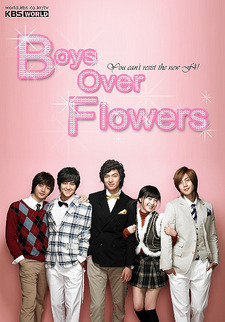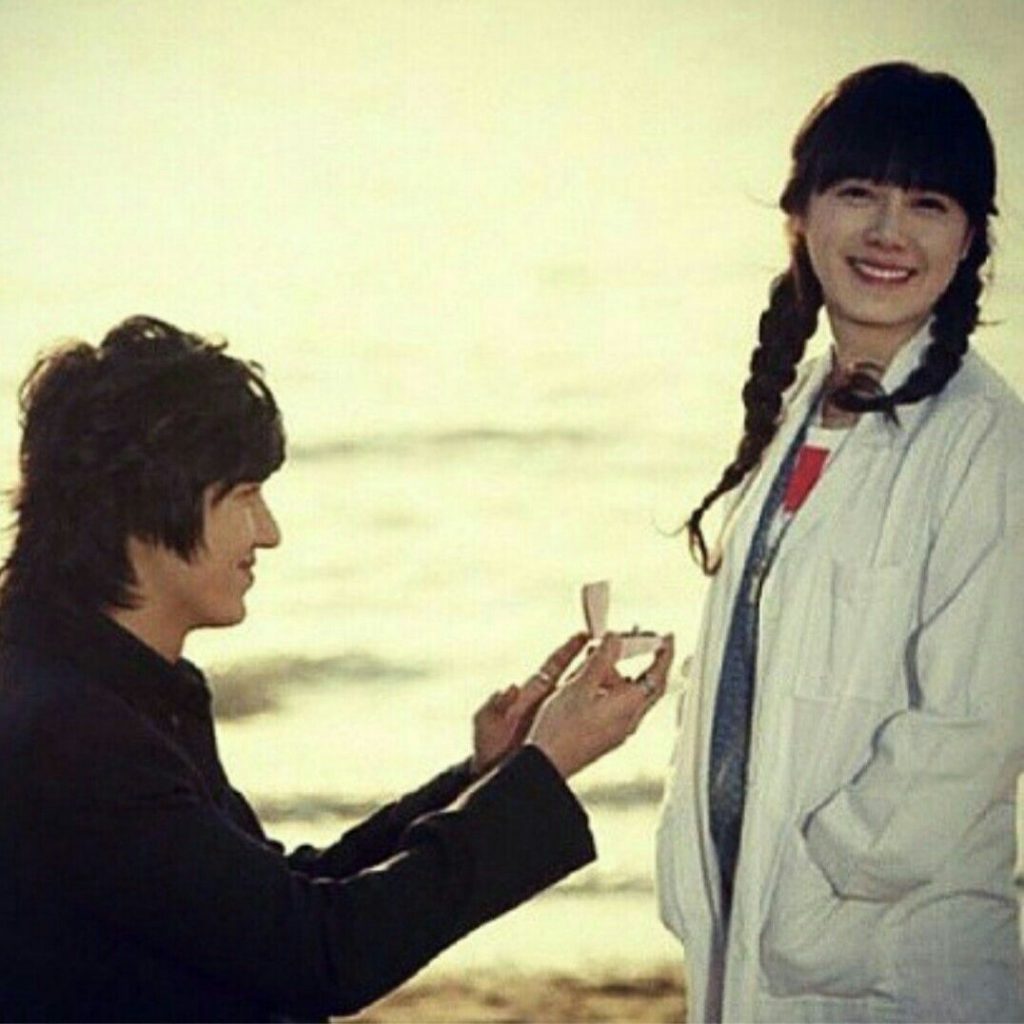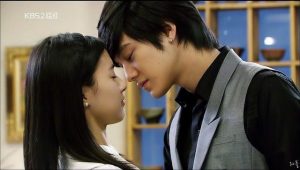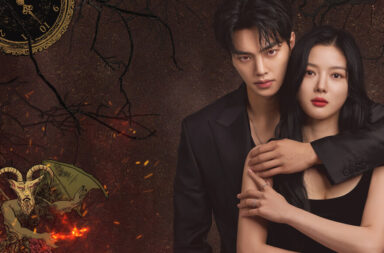
2008 feels like a lifetime ago. It was the dawn of K-pop’s Golden Age, and entire careers have begun and ended in that ten-year span. 2008 saw the birth of more than music, however. It was also the year Boys Over Flowers aired. This drama is easily one of the most impactful K-dramas of the 2000s, launching the careers of Lee Min-ho and Gu Hye-Sun and introducing thousands around the world to K-dramas, and by extension, K-pop, including myself. That said, it’s time to ask the question all media has to face: 10 years after airing, how does Boys Over Flowers hold up?
In a lot of ways, it doesn’t. Some shows you can rewatch years later and enjoy them just as much as you did the first time. Boys Over Flowers is not one of them. The interceding years have removed a great deal of it’s shine and made its flaws much more apparent, especially when dealing with off-camera mayhaps.
One of the most jarring aspects of Boys Over Flowers is just how dated it is. This drama did not age well. A large part of that is due to some unfortunate timing. Boys Over Flowers was made on the cusp of the smartphone boom, and their presence would have made some serious plot changes. Given that the iPhone had been released the previous year, their complete absence of smartphones is both noticeable and distracting. There’s also the issue of the near-worship of the hyper-wealthy F4. Attitude towards the wealthy elite and their classism soured in the face of the 2009 recession. Even on a purely aesthetic level, Boys Over Flowers is rooted in 2008– the hairstyles and clothing are all riding those trends, rather than sticking to a more classic look that would age better.
The production issues have also become more apparent. The shoestring budget and sets were always noticeable, but given how more recent dramas have successfully done more with less, it’s more apparent. There’s also the general failure to conceal behind-the-scenes issues in the final stretch of the series. Without the knowledge of Gu Hye-sun’s car accident, Jan-di spending most of episode 17 silence is jarring and bizzare. The sudden one-episode extension clearly took a toll on the pacing of the last three episodes, bloating them with filler and dragging the pacing to a snail’s pace.

That said, the aspect of Boys Over Flowers that ages the worst, that causes the most discomfort in a 2018 audience and is likely going to damage it’s
But then, Jun-pyo waits for Jan-di in the rain. Because despite all the issues Boys Over Flowers has, despite the poor aging, the production issues, and even the violence, Boys Over Flowers core strength of character still resonates. The character dynamics are just as compelling now as they were 10 years ago. Jan-di’s grit and determination is still admirable, Jun-pyo’s devotion still adorable. The bond between the F4 and their struggles to transition from childhood friends to adult friends is earnest and honest as they find themselves coming into conflict but manage to stay brothers in all but name.

Yi-jung and Ga-eul’s relationship also pops more with time. This is the first adaptation of Hana Yori Dango to have these characters as the beta couple to the main love triangle, rather than leaving it as a crush, and it paid off. Their quieter moments play nicely against their friends antics, personality clashes rather than outside forces giving them conflict. Moreover, Yi-jung and Ga-eul are one of the healthiest examples of the “good girl loves bad boy” K-drama romances, with both of them growing out of their philandering or shyness before dating, rather than letting their divergent personalities turn their relationship toxic.
Then there’s Lee Min-ho, whose performance here earned him his star status. He managed to turn a self-centered idiot into a lovable dork damaged by loneliness and isolation. It’s very easy to dislike Jun-pyo, given his narcissism, but Lee Min-ho brought the pain of his childhood front and center and turned the poor little rich boy into a character the audience can genuinely feel for.
Images via KBS, Group8


